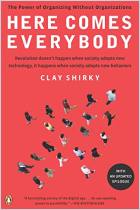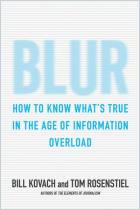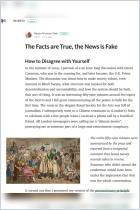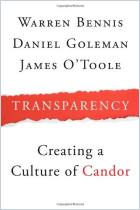
Read or listen offline
Amazon Kindle
résumé audio créé automatiquement
1×
Connectez-vous pour écouter un résumé audio.
résumé audio créé automatiquement
Recommendation
To continue to publish newsworthy stories while reducing government intrusion, journalists need to consider how they communicate and with whom. getAbstract recommends this edited excerpt from new media expert Clay Shirky’s contribution to the anthology Journalism After Snowden to journalists, reporters and those with an interest in the complex relationship between the press and governments.
Summary
About the Author
Clay Shirky is an author, consultant and teacher of the social and economic effects of Internet technologies and journalism. He teaches at New York University and is a fellow at Harvard’s Berkman Center for Internet and Society.
By the same author
Book
Book
Learners who read this summary also read
Book
Book
Book




















Comment on this summary or Démarrer une discussion